Schedule a Call Back
Hannover Messe 2018: Man, machine and more
 Events
Events- Jun 01,18
_.gif)
Related Stories
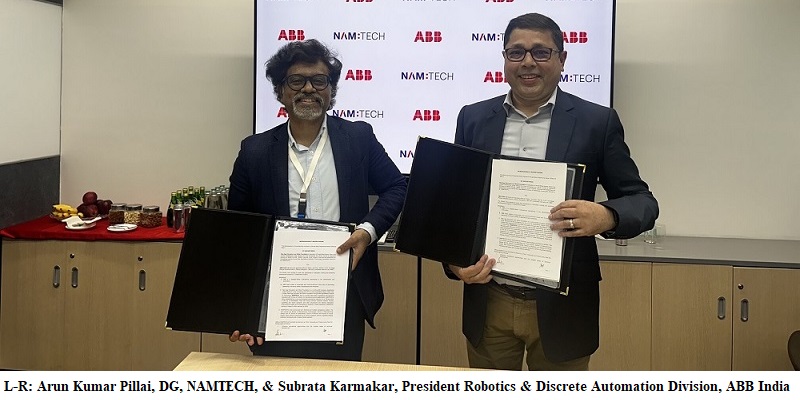
ABB Robotics and NAMTECH join hands to set up School of Robotics in India
School of Robotics will open in 2025, advancing robotics education and industry integration in India. ABB Robotics will bring robotics expertise and mobilise global ecosystem of innovation partners ..
Read more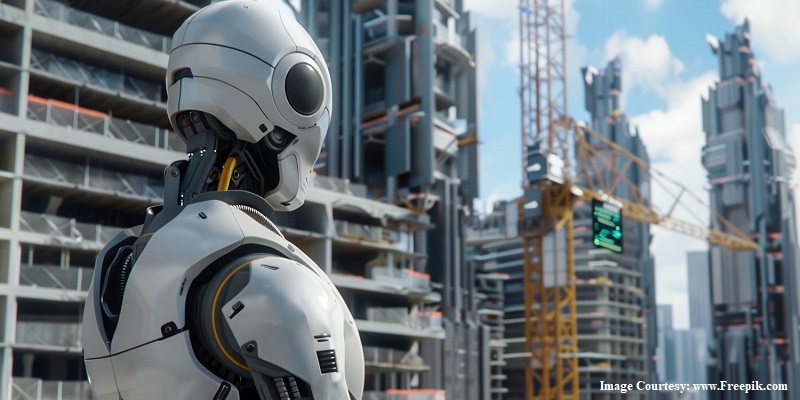
Five ways advanced robots are solving construction industry challenges
From cobots to computer vision, robotics professionals and construction managers have forged a lifelong bond. Advanced construction robotics are the single best contributor to industrial progress in..
Read more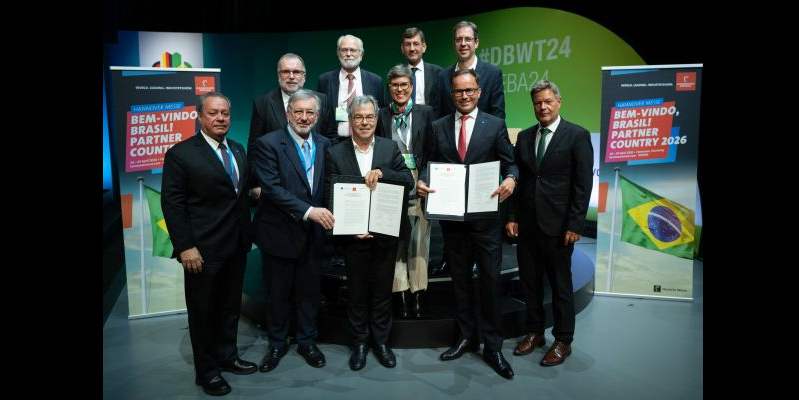
Brazil to be partner country at Hannover Messe 2026
Germany is Brazil's leading economic partner in Europe, with more than 1,500 German-owned businesses generating around 10% of Brazil's industrial GDP and employing 250,000 individuals.
Read moreRelated Products
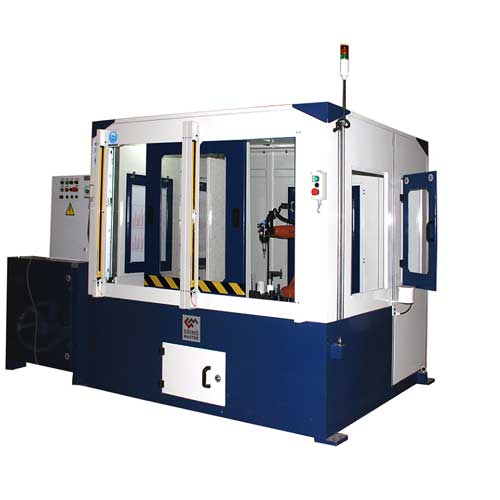
Robotic Deflashing of Aluminium Casting
Grind Master Robotic Deflashing Machine is an advanced and most reliable machine for Aluminium components. Robotic deflashing is a revolutionary technology developed by Grind Master Machines Pvt Lt Read more
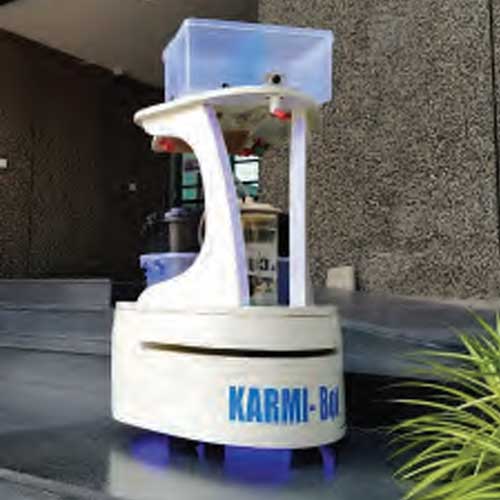
Karmi Bot
Asimov Robotics offers a wide range of Karmi Bot.
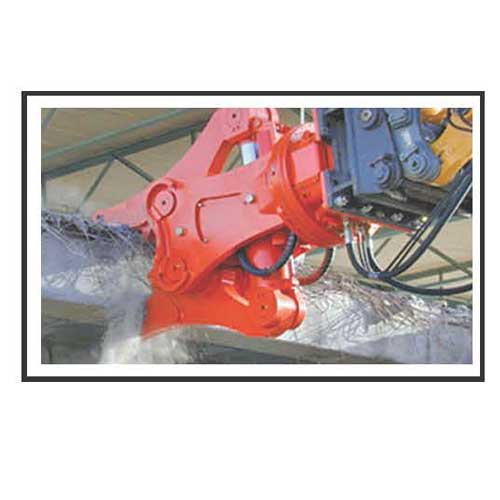
Ductbot Compact Robotic Inspection System
Robosoft Systems offers a wide range of compact DuctBot robotic inspection systems. Read more












